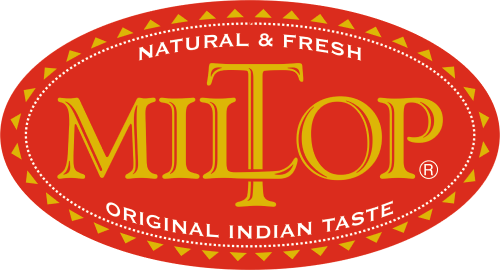Description
The pigeon pea is one of the important pulses in India. It is a woody, short-lived perennial shrub, 1 to 4 metres tall. It is sometimes grown as an annual herb. It has a pronounced deep tap-root, angled and hairy stems, and spirally arranged leaves. The fruit is a flattened pod. Seeds vary in size, shape and color, usually round or oval, white or grayish, red, brown purplish or speckled, with small white helium. Pigeon pea is probably a native of tropical Africa, where it is sometimes found wild or naturalized. The crop was taken to the New World in early post-Columbian days, but it did not reach the Pacific until 1772. Pigeon peas are now widely spread throughout the tropics and subtropics. Its areas of cultivation include India, Malaysia, Indonesia, Philippines, The Caribbean, East and West Africa.
The fresh leaves are used as a vegetable. The immature pods are also cooked. Dried seeds are added to soups and stews. The ripe dry seeds are boiled and eaten as a pulse. In India these are split into dhal. The dried husks, seeds and broken dhal are used as cattle feed in India.
The pigeon pea is easily digested and therefore suitable for invalids. It has many medicinal properties. It relieves inflammation of internal organs. However, excessive use of pigeon pea causes hyper acidity and wind in the intestines. Therefore, it is forbidden in gastric ulcer and heart disease. It cures Baldness, Jaundice, Inflammation and Piles.


